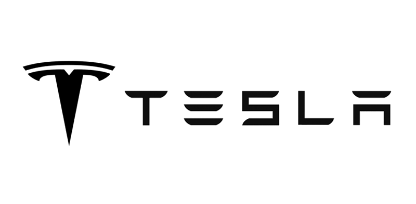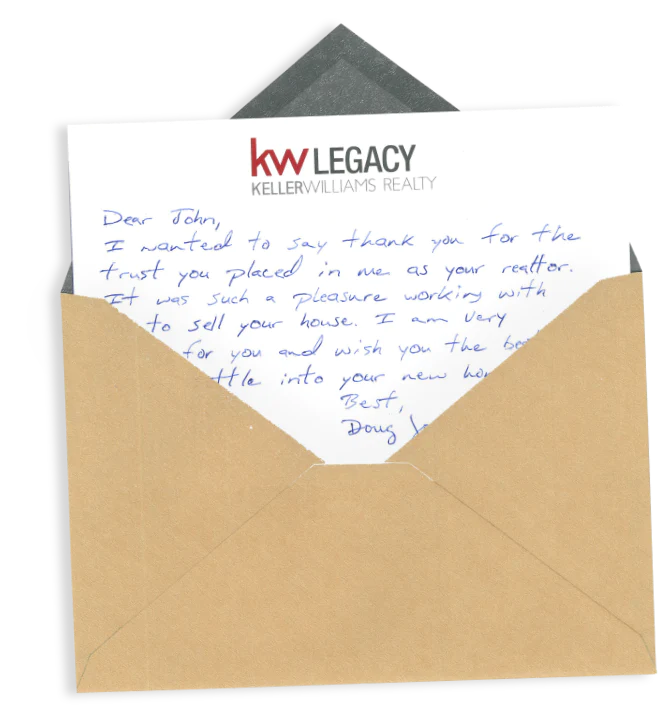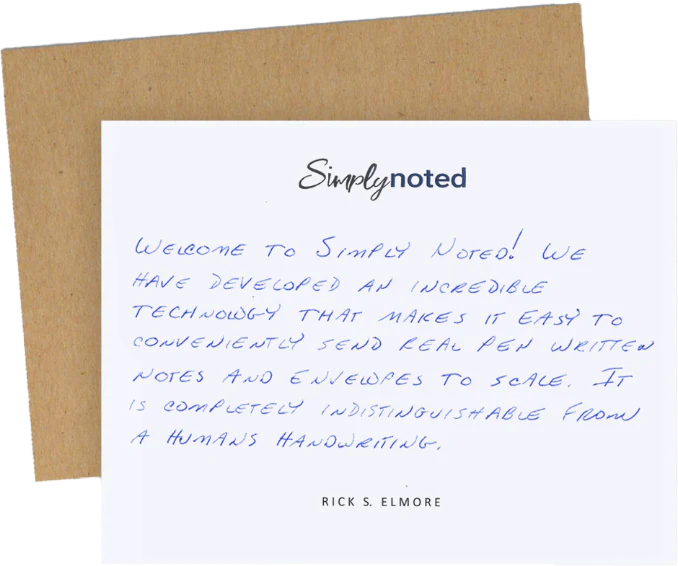How to Build Relationships More Productively

If you’re like most people, you spend more time at work than you do at home. Imagine how painful your workday would be if you had very little social interaction with your colleagues, or worse, if most of your interactions were negative.
Strong work relationships offer a host of benefits besides creating a happy and healthy work environment. When you share mutual respect with your coworkers, you’re more likely to express your opinions in a productive manner. Your confidence will grow because you won’t fear reprisals or overly negative feedback. This leads to teams that embrace big ideas, welcome change, and innovate more predictably.
When you build strong relationships at work, you’re developing a network of people who can offer support and encouragement and help with career advancement. With supportive relationships in place, you’re freed to think about grander problems. You have the freedom to chase the opportunities that matter to your company and you.
So how do you build these relationships productively? Read on to find out.
SEE ALSO: Gratitude is a Business Strategy
DEVELOP YOUR EMOTIONAL INTELLIGENCE
The old saying, “You can’t truly love or be loved until you love yourself” holds special significance for developing relationships. Before you can truly open up to others you need to be confident in your own expressions.
Emotional intelligence is the ability to appreciate, understand, and control your emotions, and to apply that understanding to other’s emotional experiences. People with high EI are able to effectively interact with a wide range of people because of their increased appreciation for the human condition.
Developing your EI isn’t always easy, but it is immensely rewarding. Start by employing active listening to gain an appreciation for where others are coming from. Learn to be assertive when necessary without being combative, and when conflict does arise, don’t react automatically. Step back from the situation momentarily and try to understand the other person’s perspective. Check your initial emotional reaction and make sure it’s suited to the situation. Then speak with compassion instead of anger.
SEE ALSO: How to Incorporate Empathy Into Sales

ACCEPT OTHER’S DIFFERENCES
Expecting everyone to see the world the same way you do is a recipe for challenging relationships. The fact is that everyone is different, with differing experiences, preferences, limitations, and motivations. To build relationships productively you need to let go of your attachment to sameness and embrace what makes us all different.
In reality, it’s people’s differences that make them interesting. If we all liked the same things, did the same things, and felt the same about everything, we’d have nothing to talk about; there would be nothing to explore about other people. When we celebrate diversity and develop our curiosity about what drives other people, we set the stage for a genuine appreciation for what makes them them. This opens the door to deep relatedness and builds solid relationships.
SEE ALSO: How 365 Thank You Cards Will Change Your Life (and Your Business)
SEEK PEOPLE OUT AND GET TO KNOW THEM
You can’t expect to build a meaningful relationship with someone if you stay locked in your office all day. Relationships are based on social interactions. So make plans with your colleagues. Instead of sitting at your desk for lunch, ask people to join you in the lunchroom. Take a 15-minute walk in the middle of the day and bring along a coworker or two. Invite a group out for a happy hour after work.
If you have a few moments before a meeting begins, don’t sit there twiddling your thumbs. Ask your coworkers about their day. Ask them questions about their lives. Try to avoid talking about yourself unless you’re asked. Focus your end of the conversation on getting to know them. These little social interactions throughout the day will add up over time, and before you know it, you’ll have a bunch of friendships scattered around your office.

LEARN TO GIVE (AND TAKE) FEEDBACK CONSTRUCTIVELY
Criticism is unavoidable in professional settings. It’s necessary for pruning out bad ideas, improving processes, and eliminating waste. To build relationships productively, you need to learn to deal with this feedback constructively.
Imagine how your relationships would suffer if you got defensive every time someone pointed out a deficiency in your work or offered feedback for improvement. It wouldn’t be the criticism that created enmity. It would be you. Instead, learn to recognize that constructive criticism isn’t a personal attack. It’s intended rather to make you better, more agile, and more prepared for challenges. Constructive criticism is a good thing, and when you accept it in the spirit it’s intended, your relationships will grow.
Similarly, when you give feedback to others, couch it in terms that don’t cut the other person down. Stress positives first, and then give feedback that’s practical and helpful; feedback that helps make your colleagues better instead of tearing them down.
OFFER ASSISTANCE GENEROUSLY
When your offer unbidden aid unselfishly, you create trust. Others will come to depend on you, which builds relationships and strengthens bonds. Those you help are also more likely to return the favor, creating a positive feedback loop.
Whenever you have extra time in your schedule, check in with your coworkers to see if they need assistance. Not only will this do wonders for your work relationships, it will boost productivity and win you points with management.

BECOME A BETTER COMMUNICATOR
Communication is the key to all relationships. If you need something from a colleague, don’t be shy, ask for it. If you have an opinion that would be useful to the company, share it. If you have concerns, get them addressed. It’s always better to overcommunicate rather than leave things unsaid.
When you’re an effective communicator, people will know they can trust what you say. They’ll be comfortable with your feedback because they’ll know you’re offering your honest opinion. They’ll appreciate your thoroughness. By keeping lines of communication open, fewer things will fall between the cracks. You’ll be an asset to the company, and people will respond favorably. Remember, what you say matters, and the more you believe it does, the more others will, too.
Remember, you can’t control what other people do. You can only meter your reactions and work on your end of the conversation. When you listen unselfishly to other people and then work to offer the best version of yourself to them, your relationships will flourish along with your professional life.























